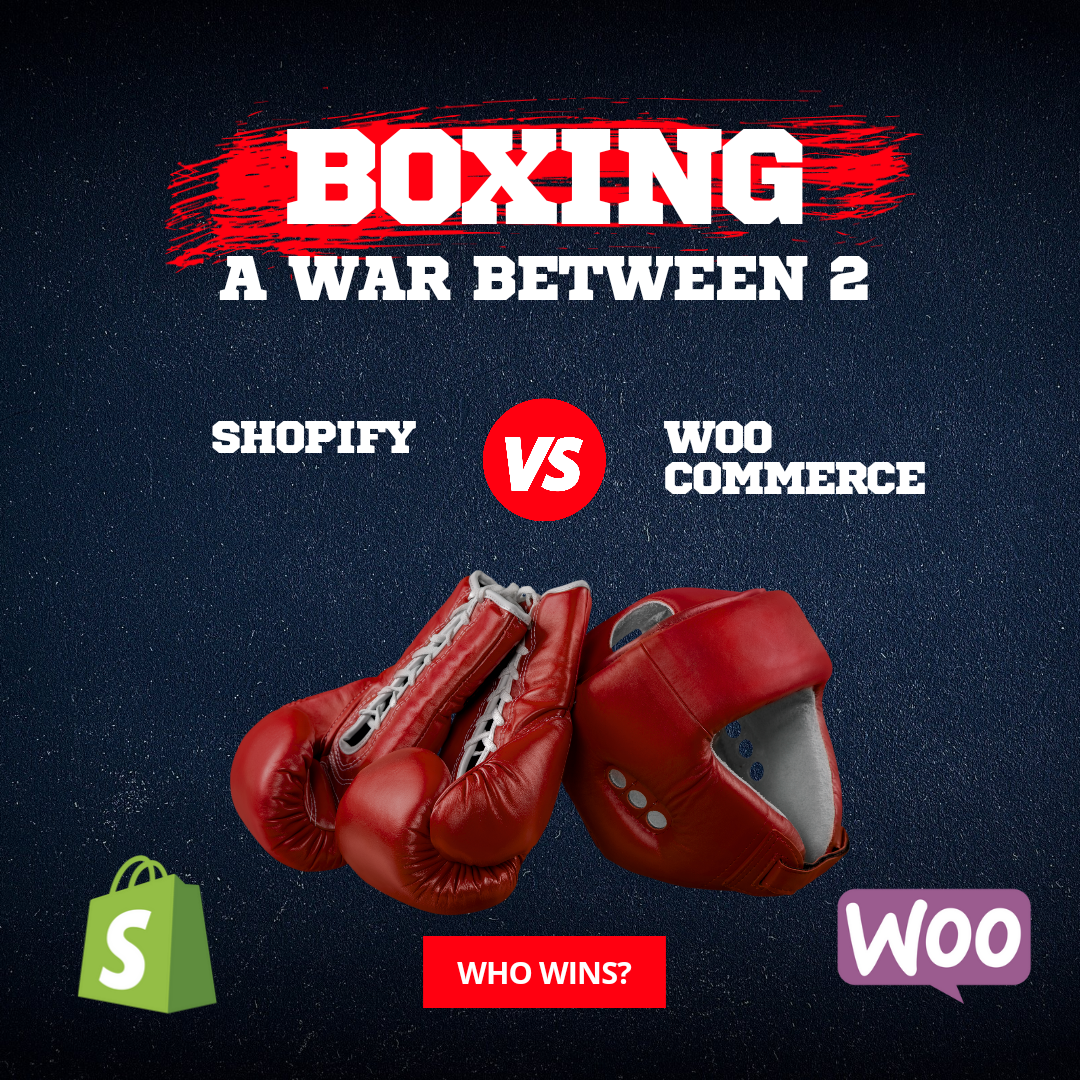In the dynamic realm of ecommerce, selecting the right platform to build your online store is crucial. As a leading digital marketing agency, we often encounter businesses grappling with the decision between WooCommerce and Shopify. This comparison explores these two dominant platforms, highlighting their suitability for diverse ecommerce needs.
Building Ecommerce Websites: WooCommerce vs Shopify
WooCommerce, a robust WordPress plugin, stands out for its extensive control and flexibility. Ideal for those with a technical background, WooCommerce allows for significant customization and adaptation, perfect for businesses seeking to expand or modify their online store capabilities. In contrast, Shopify, a cloud-based ecommerce platform, offers a more streamlined and user-friendly approach. It’s designed for businesses seeking simplicity and speed in setting up their online presence.
Zapier’s comparison suggests that while WooCommerce offers greater extensibility, it may feel constrained within WordPress’s limitations. Conversely, Shopify, purpose-built for ecommerce, offers a more cohesive experience. Ultimately, WooCommerce is the preferred choice for those desiring deep customization, especially if they have an existing WordPress site. Shopify, however, is ideal for newcomers seeking a hassle-free launch of their ecommerce site.
Exploring the Fundamentals: Themes, Cost, Ease of Use, and Customization
Themes and Design: WooCommerce, integrated with WordPress, boasts access to a wide range of customizable themes. This provides businesses with varied aesthetic and functional choices. Shopify, however, offers over 100 tailored themes in its store, though customization options might be limited compared to WooCommerce.
Cost Implications: WooCommerce, while free, requires additional investments in web hosting, domain registration, and plugins. Shopify’s pricing starts at $29/month, covering hosting, SSL security, and other vital features.
Ease of Use: Shopify’s user-friendly interface and guided setup process make it an appealing choice for those less tech-savvy. WooCommerce, though offering more control, might present a steeper learning curve, particularly for those unfamiliar with WordPress.
Customization Capabilities: WooCommerce’s flexibility shines in customization, allowing businesses to tweak and tailor their store extensively. Shopify, focused on simplicity, offers ease of use but may limit deep customization.

Do you need the best store managed for you?
Tailoring to Business Types: Which Platform Suits You Best?
Determining the right platform largely depends on a business’s specific needs and capabilities.
WooCommerce: This platform is ideal for businesses that prioritize customization and have the technical know-how to manage a WordPress site. It’s particularly beneficial for existing WordPress users, offering seamless integration.
Shopify: Suited for businesses seeking simplicity and quick setup, Shopify is the go-to for entrepreneurs who prefer a more guided approach and less technical involvement.
Conclusion
In conclusion, WooCommerce caters to those seeking detailed customization and technical control, particularly useful for businesses integrated with WordPress. Shopify, on the other hand, is ideal for businesses seeking a straightforward, user-friendly platform with efficient customer support.
As an experienced digital marketing company, we understand the importance of choosing the right platform for your ecommerce venture. Both WooCommerce and Shopify have their unique strengths, and the right choice depends on your business needs, technical expertise, and long-term digital marketing strategy. Whether you’re looking to enhance your SEO services, boost your website ranking, or engage in effective online marketing, the platform you choose will play a pivotal role in your digital journey. Digital marketing agencies for small businesses, like ours, can provide valuable insights and assistance in making this crucial decision.
